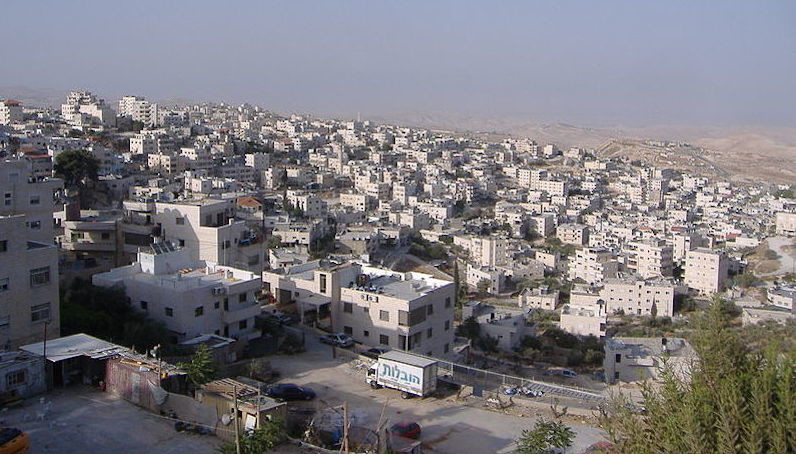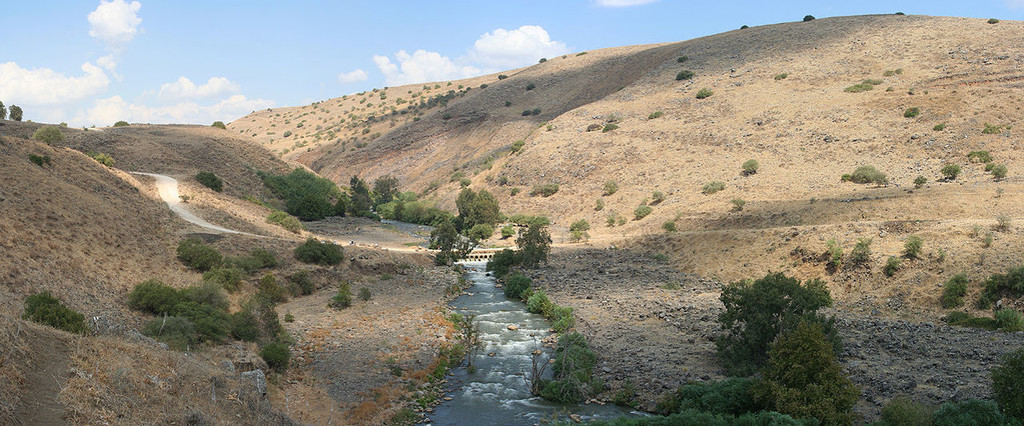How words define Israeli-Palestinian conflict
Settlements or Jewish communities? West Bank or Judea and Samaria? East Jerusalem or eastern Jerusalem? Those are some of the language choices that journalists covering the Israeli-Palestinian conflict are faced with each day — and those choices should not be taken lightly, experts say.
“It’s the terminology that actually defines the conflict and defines what you think about the conflict,” says Ari Briggs, director of Regavim, an Israeli NGO that works on legal land use issues. “Whereas journalists’ job, I believe, is to present the news, as soon as you use certain terminology, you’re presenting an opinion and not the news anymore.”
“Accuracy requires precision; ideology employs euphemism,” says Eric Rozenman, Washington director of the Committee for Accuracy in Middle East Reporting in America (CAMERA).
At the conclusion of his famed essay, “Politics and the English Language,” George Orwell argues that writers have the power to “send some wornout and useless phrase—some jackboot, Achilles’ heel, hotbed, melting pot, acid test, veritable inferno, or other lump of verbal refuse—into the dustbin, where it belongs.” Many Jewish leaders, organizations, and analysts wish to do just that with the following terms, which are commonly used by the mainstream media in coverage of Israel.
West Bank
Dani Dayan believes the “funniest” term of all that are used in mainstream coverage of Israel is “West Bank.” Dayan is the chief foreign envoy of the Yesha Council, an umbrella organization representing the municipal councils of Jewish communities in an area that the Israeli government calls Judea and Samaria, in line with the region’s biblical roots. Yet media usually use “West Bank” to describe the area, in reference to the bank of the river situated on its eastern border.

 58.0°,
Overcast
58.0°,
Overcast 







